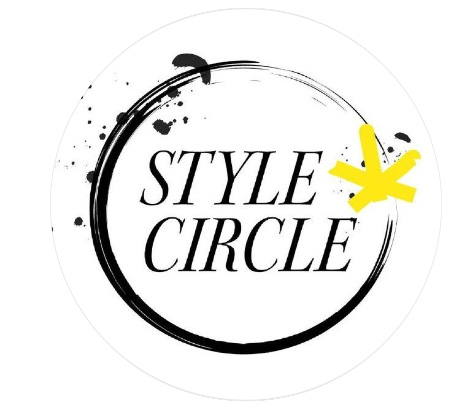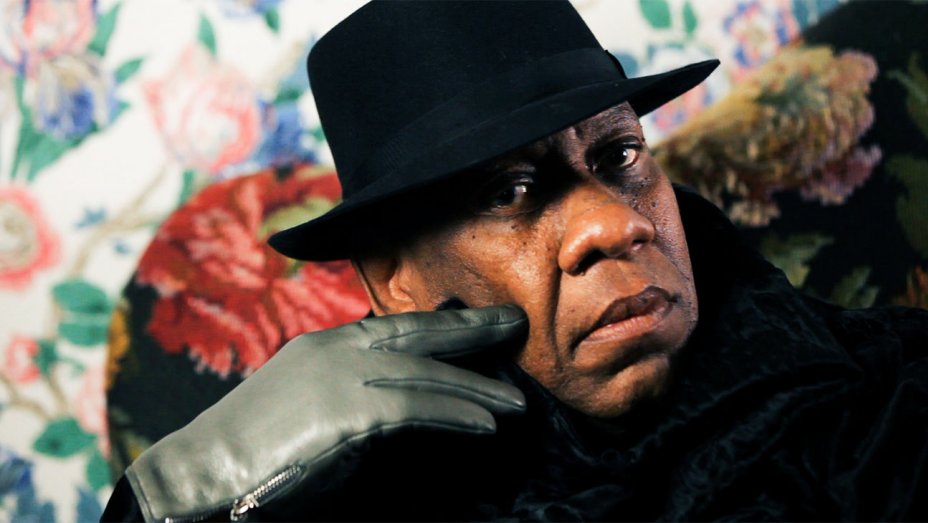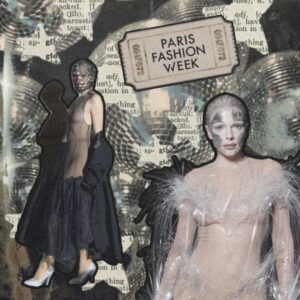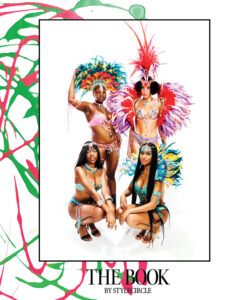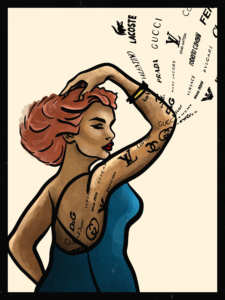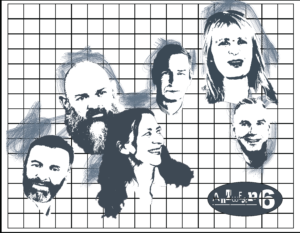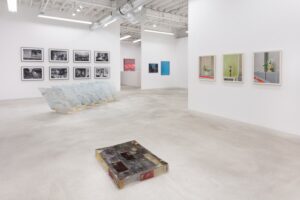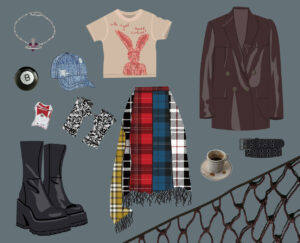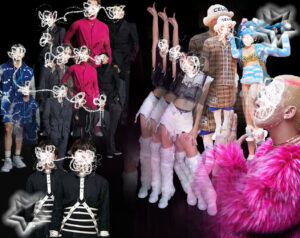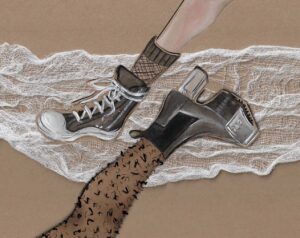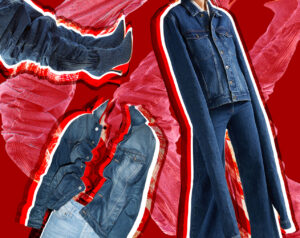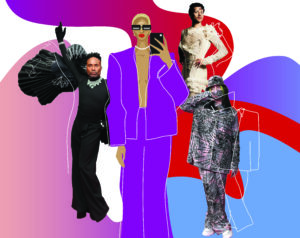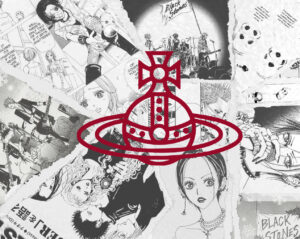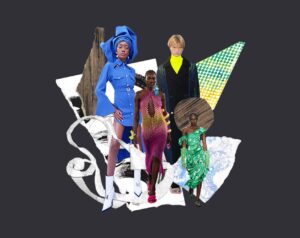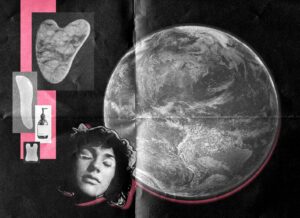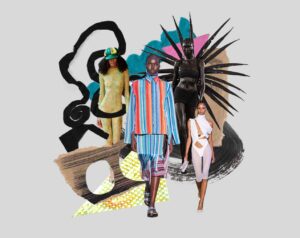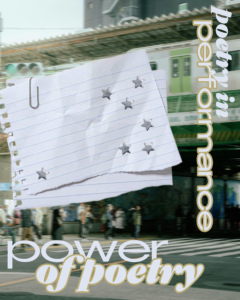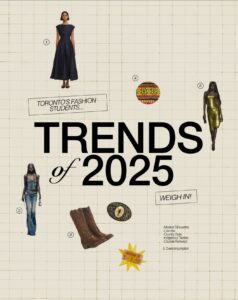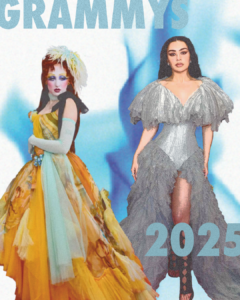“I don’t live for fashion, I live for beauty and style.” Says the unmistakable voice of André Leon Talley in the opening moments of Kate Novack’s new film The Gospel According to André. This bold statement holds true throughout the documentary as time and time again we are granted a glimpse into the most intimate moments of André’s life that are all at once dripping with opulence, yet rooted in virtue.
As a long time Vogue editor and contributor, André has spent much of his professional life at the center of the fashion world. But for all the times that André has been the center of attention on and off screen, the story of his journey from the isolated American South to the vibrant cities of New York and Paris had never been told, until now.
The film – which premiered on September 8th during the second night of the Toronto International Film Festival – profiles André as young black man growing up in Durham, North Carolina with his grandmother, Bennie Frances Davis. As the film plays out we see the evolution of a young André from his humble beginnings growing up in a self-created magical bubble, immersed in the pages of Vogue. He speaks to his time as a young African-American pushing the limits of black masculinity and the choices he made that ultimately led him to New York, and to Diana Vreeland, who would be his mentor and his inspiration as he navigated the rest of his wildly successful career in the fashion industry.
While the film so wonderfully expresses how André sees the beauty of the world through the kaleidoscope eyes of a child, it is also a commentary on the discrimination that existed, and still exists, within the fashion industry. From initially not being accepted by the French during his time in Paris, to former Vogue editor Grace Mirabella rejecting images from the pages of the magazine that depicted a Native African man with feathers in his hair accompanying a review of the inspiration behind Yves Saint Laurent’s latest collection. In the film André is described as “adding to the difference” as a tall, thin, black man but also by being so many things that he was not supposed to be during that time. He possessed a wealth of knowledge surrounding history, design, and art that he could reference at any moment. It seems that the people who mattered realized his boundless passion and as such, André became a critical part of the landscape of fashion.
Even during the 70’s and 80’s, a time of great freedom, experimentation and creative innovation there were societal boundaries present surrounding race, a subject that only an African-American could have broached as André did. His pages in Vogue at that time embellished the reality of social issues present in America. Among his most notable was the Gone With The Wind spread he directed along side Karl Lagerfeld, which featured Naomi Campell as Scarlett O’Hara and Manolo Blahnik as a gardener in the 1996 issue of Vanity Fair. This reversal of social roles with blacks as aristocrats and whites as servants was something that had never been shown so blatantly before in the pages of a glossy fashion magazine.
The subject of racial discrimination even now in the 21st century is still a prevalent issue, and while the fashion industry is taking steps toward inclusion, there is still much to be done. But with figures such as André Leon Talley, Beyoncé, and Kendrick Lamar leading the revolution, the industry has seen major progress in the last few years that leaves one hopeful for what is to come in the future. And as stated by André in the film, “You must cultivate your own garden.” For this truly is the best way to succeed in life and to leave your mark on the world, whatever that may be.
The Gospel According to André will be playing on September 13th and 16th at the Scotiabank Theatre as one of the official screenings of TIFF. For more information and tickets visit their website at https://www.tiff.net
*Feature image courtesy of the Toronto International Film Festival.
